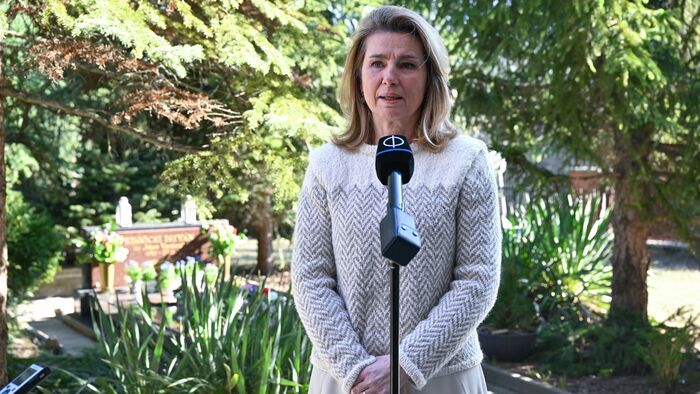"A few hundred thousand people die, a few dozen cities are bombed, there will be a massive drop in the standard of living, and then sobriety will return. Unfortunately, I believe we need to go through a cleansing again," remarked agricultural economist Gyorgy Rasko on his social media page.
The advisor to the Tisza Party bases his shocking statements on the notion that the right-wing is gaining strength in both Germany and Austria. In light of this, he opined that "Weimar conditions are beginning to take shape in Europe."
As previously reported by Magyar Nemzet, back in October last year, Peter Magyar managed to enlist the support of Rasko, a "green baron" who became wealthy through the wave of privatizations. The businessman, who joined Hungary's Antall government in the 1990s after working in conjunction with the World Bank,
is best known for selling a conglomerate of oilseed production factories to foreign owners.
Shady business dealings continued under socialist governments, with Rasko acquiring the state-owned Komarom agricultural company at a below-market price in the 2000s.
Frequent Insults Toward the Elderly
During the 2010s, the "green baron" funded the opposition Momentum party and later backed PM candidate Peter Marki-Zay. From there, his path led to the Tisza Party. Notably, as an official Marki-Zay supporter, Rasko took to insulting millions of Hungarians. During the parliamentary election campaign, he posted on social media:
What is a typical Fidesz voter like? A woman over 65, with at most an elementary school education, living in a village, and receives a low income or a pension.
Within a month of joining the Tisza Party, Rasko caused such a scandal that Peter Magyar was forced to do some explaining regarding this comment, too, on top of whitewashing some of his other murky issues. The former MDF (Hungarian Democratic Forum) MP Gyorgy Rasko wrote in a post again about Fidesz voters:
It is to the benefit of the Tisza Party that many members of the elderly age group, to the tune of hundreds of thousands, will no longer be around to vote by the next election.
Although the post was quickly removed, it caused such an uproar that a survey conducted on the matter revealed that Hungarian pensioners strongly condemn the use of human life expectancy as a topic for political speculation or election calculations.























Szóljon hozzá!
Jelenleg csak a hozzászólások egy kis részét látja. Hozzászóláshoz és a további kommentek megtekintéséhez lépjen be, vagy regisztráljon!